As our beloved poodles enter their golden years, their bodies inevitably slow down. The spring in their step fades, replaced by stiff joints and shorter walks. Yet their minds remain sharp, craving stimulation and engagement. This is where scent work emerges as a brilliant alternative to traditional exercise – a cognitive workout that honors their aging bodies while keeping their spirits young.
The transition from vigorous walks to scent-based activities isn't about giving up on physical movement entirely. Rather, it's about redefining what constitutes meaningful activity for senior dogs. A poodle's nose contains up to 300 million scent receptors (compared to our mere 5 million), making scent games not just an alternative to walking, but potentially a more fulfilling experience.
Understanding the aging poodle's needs becomes crucial when designing these scent activities. Their world shrinks as mobility decreases, often leading to frustration or anxiety. Scent work expands their universe again, allowing them to "travel" through smells even when their legs can't carry them far. The key lies in creating a graduated program that matches their physical capabilities while challenging their remarkable olfactory abilities.
Morning sessions might begin with simple scent identification games right in their bed area. As the day progresses and joints loosen, more involved searches can be incorporated. Unlike the rigid schedule of walks, scent games offer flexibility – they can be done in short bursts throughout the day, adjusted based on the dog's energy levels and comfort.
The emotional benefits of this transition often surprise owners. Where reduced walks might have signaled decline, engaging scent work gives senior poodles a renewed sense of purpose. Their proud posture after successfully locating a hidden treat reminds us that fulfillment comes in many forms. This mental stimulation frequently improves overall wellbeing more than forced physical exercise ever could for an aging dog.
Practical implementation requires some creativity. Start by designating specific scent zones around your home – perhaps different corners of each room. Rotate these areas to maintain novelty. Use distinct containers for different scent games, helping your poodle understand what "work" they're being asked to perform. The containers themselves can provide physical variety – some might require gentle pawing, others just nose touches.
As the program progresses, you'll notice your poodle developing new strategies and problem-solving approaches. This cognitive workout creates neural pathways that may help combat canine cognitive dysfunction. The concentration required appears to have a calming effect, often better than the overstimulation that can come from trying to maintain youthful exercise routines.
Nutrition plays a supporting role in this transition. Smaller, more frequent meals can provide steady energy for scent sessions. Some owners incorporate the scent games directly into mealtimes, hiding portions of kibble for their poodle to discover. This transforms necessary eating into engaging activity, killing two birds with one stone for dogs who may be less inclined toward traditional play.
The beauty of scent work lies in its scalability. On good days, your poodle might engage in more physically demanding searches. On stiff days, the games can be modified to require minimal movement while still providing mental satisfaction. This flexibility prevents the guilt many owners feel when their aging pets can't complete traditional walks.
Social aspects shouldn't be overlooked during this transition. While walks provided neighborhood interactions, scent games can become bonding activities with family members. Children especially enjoy hiding items for the poodle to find, creating positive intergenerational connections. Some senior poodles even enjoy demonstrating their scent skills to visitors, replacing the exhausted greeting dances of their youth with more dignified displays of ability.
Monitoring your poodle's response is crucial. Look for bright eyes, alert posture during games, and restful sleep afterward – signs the mental stimulation is hitting the mark. Conversely, frustration or disinterest may indicate the need to adjust difficulty levels. The goal isn't to recreate the intensity of youth, but to provide age-appropriate challenges that bring joy.
As the months pass, you'll likely discover an unexpected benefit – this transition allows you to appreciate your poodle's aging process rather than resist it. Where fading physical abilities might have represented loss, the development of their scent skills becomes a new chapter in your shared story. The slow, thoughtful pace of scent work often mirrors the deeper connection we form with our pets as they enter their senior years.
Ultimately, this approach honors the whole dog – not just the body that's slowing down, but the mind that continues to grow. For poodles particularly, bred as working dogs, having meaningful "jobs" through scent work maintains their dignity and self-worth. The satisfaction in their eyes after solving a scent puzzle often exceeds anything they showed after routine walks, proving that for senior dogs, mental miles can indeed replace physical ones.
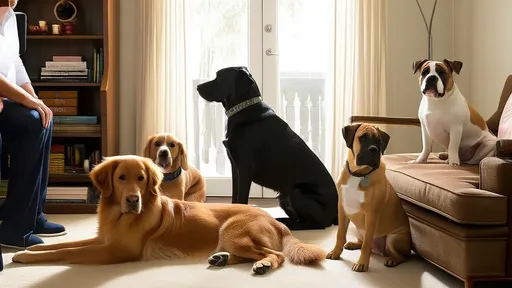
By /Jun 13, 2025

By /Jun 13, 2025
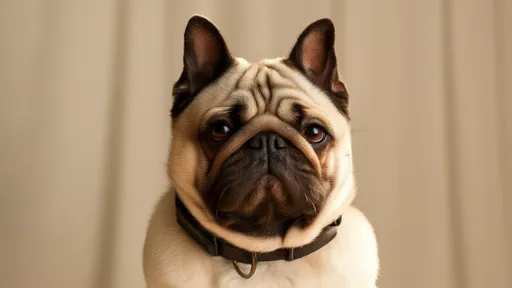
By /Jun 13, 2025
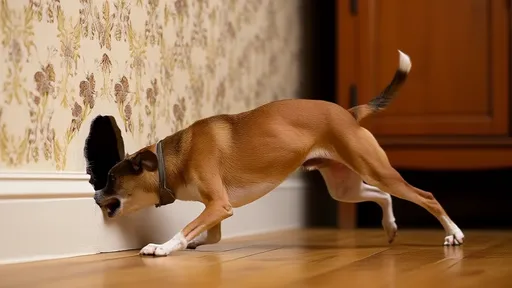
By /Jun 13, 2025

By /Jun 13, 2025
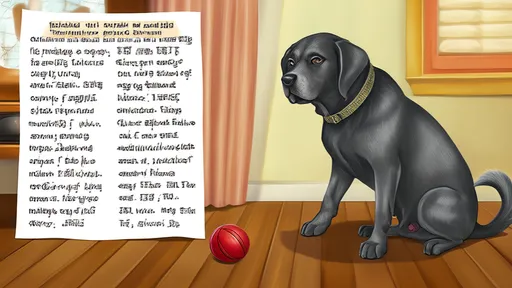
By /Jun 13, 2025
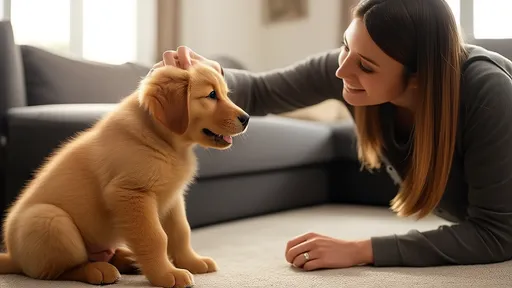
By /Jun 13, 2025
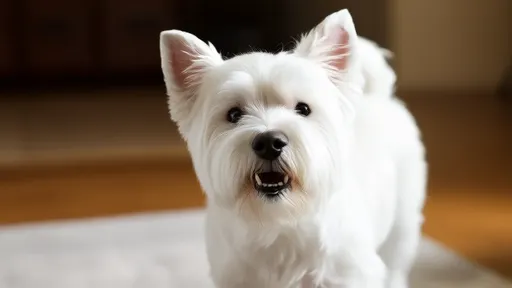
By /Jun 13, 2025
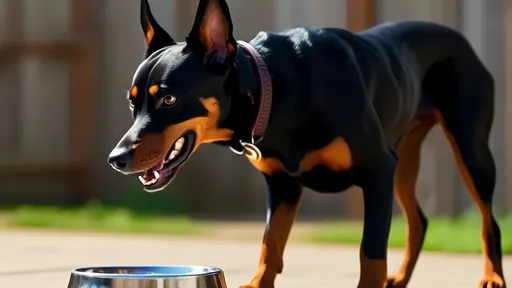
By /Jun 13, 2025
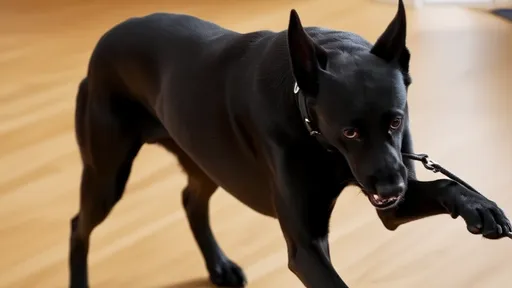
By /Jun 13, 2025
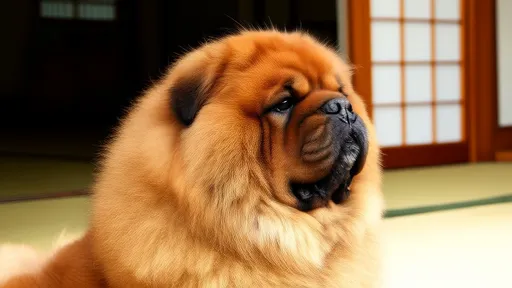
By /Jun 13, 2025

By /Jun 13, 2025
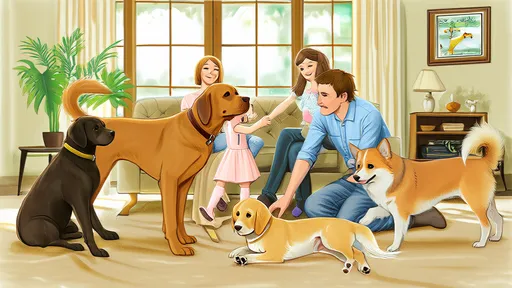
By /Jun 13, 2025
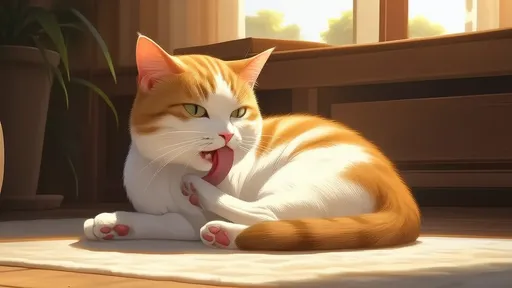
By /Jun 13, 2025
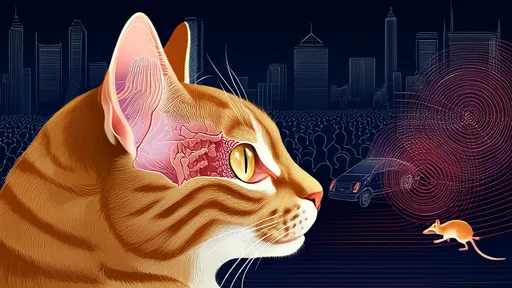
By /Jun 13, 2025
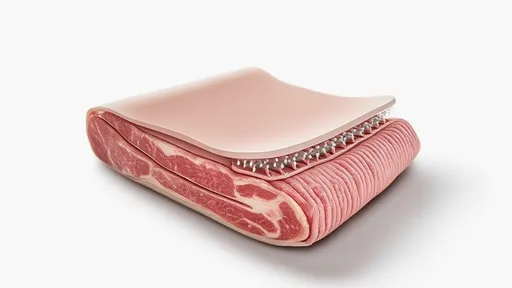
By /Jun 13, 2025
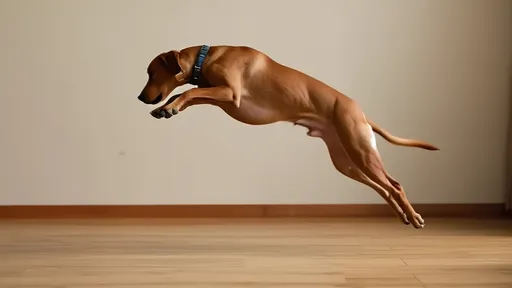
By /Jun 12, 2025

By /Jun 12, 2025
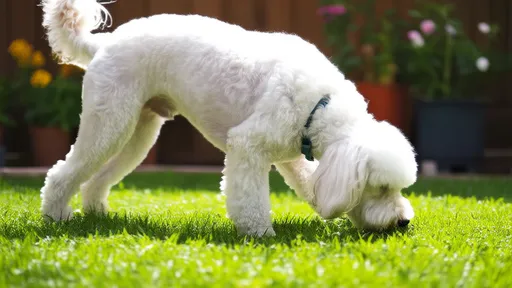
By /Jun 12, 2025
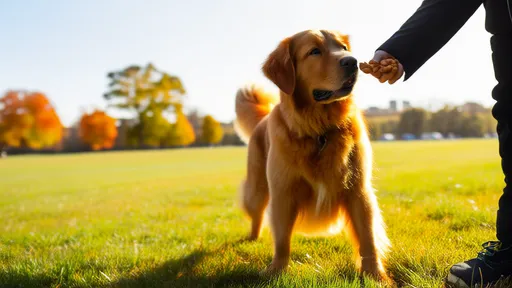
By /Jun 12, 2025